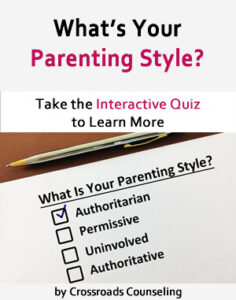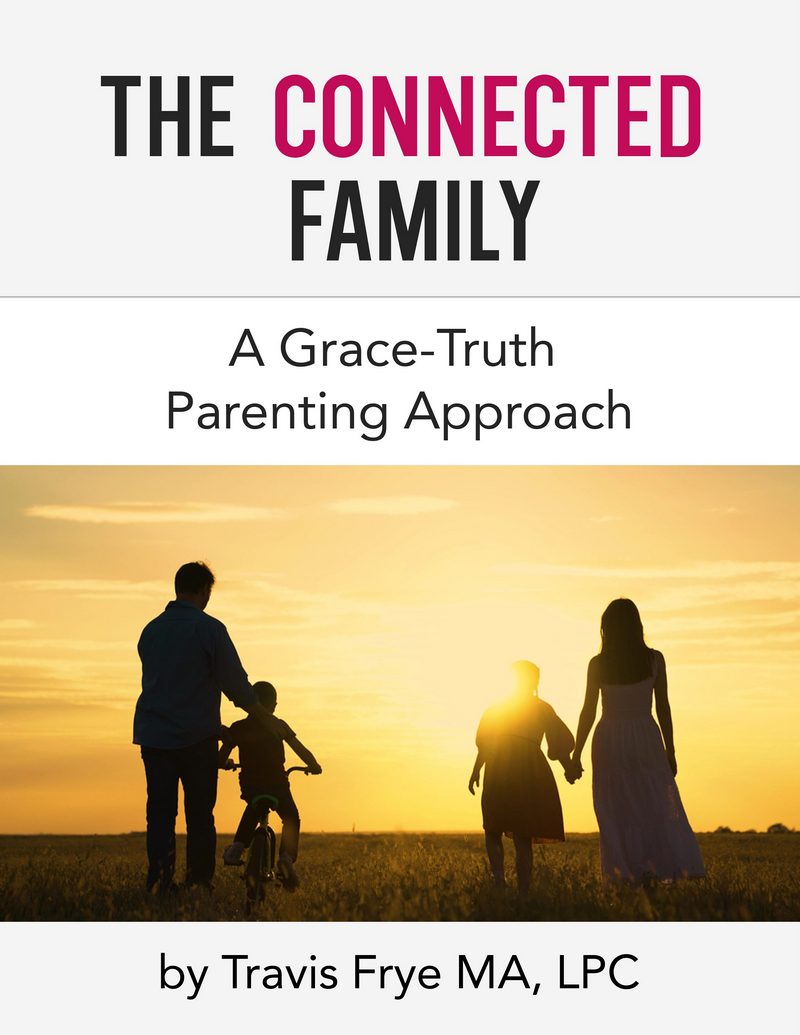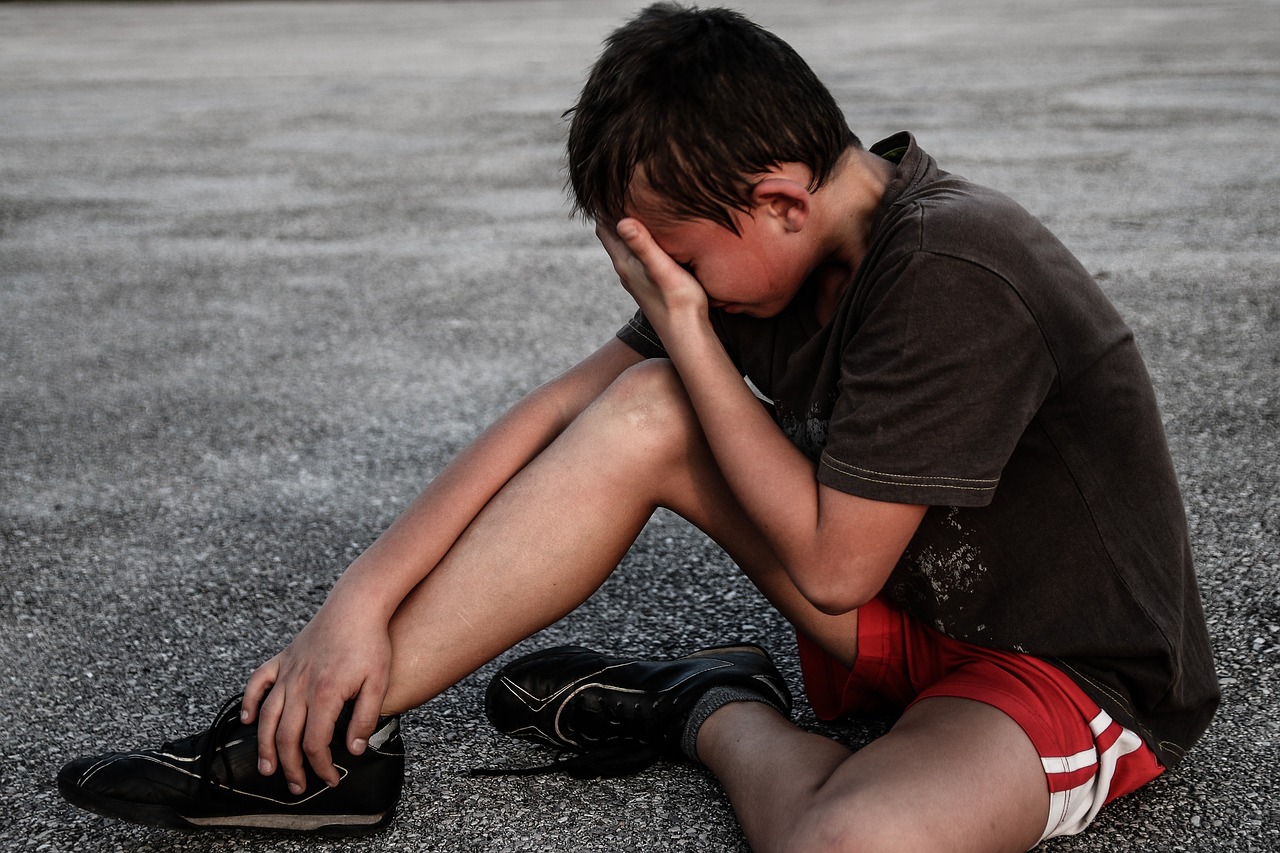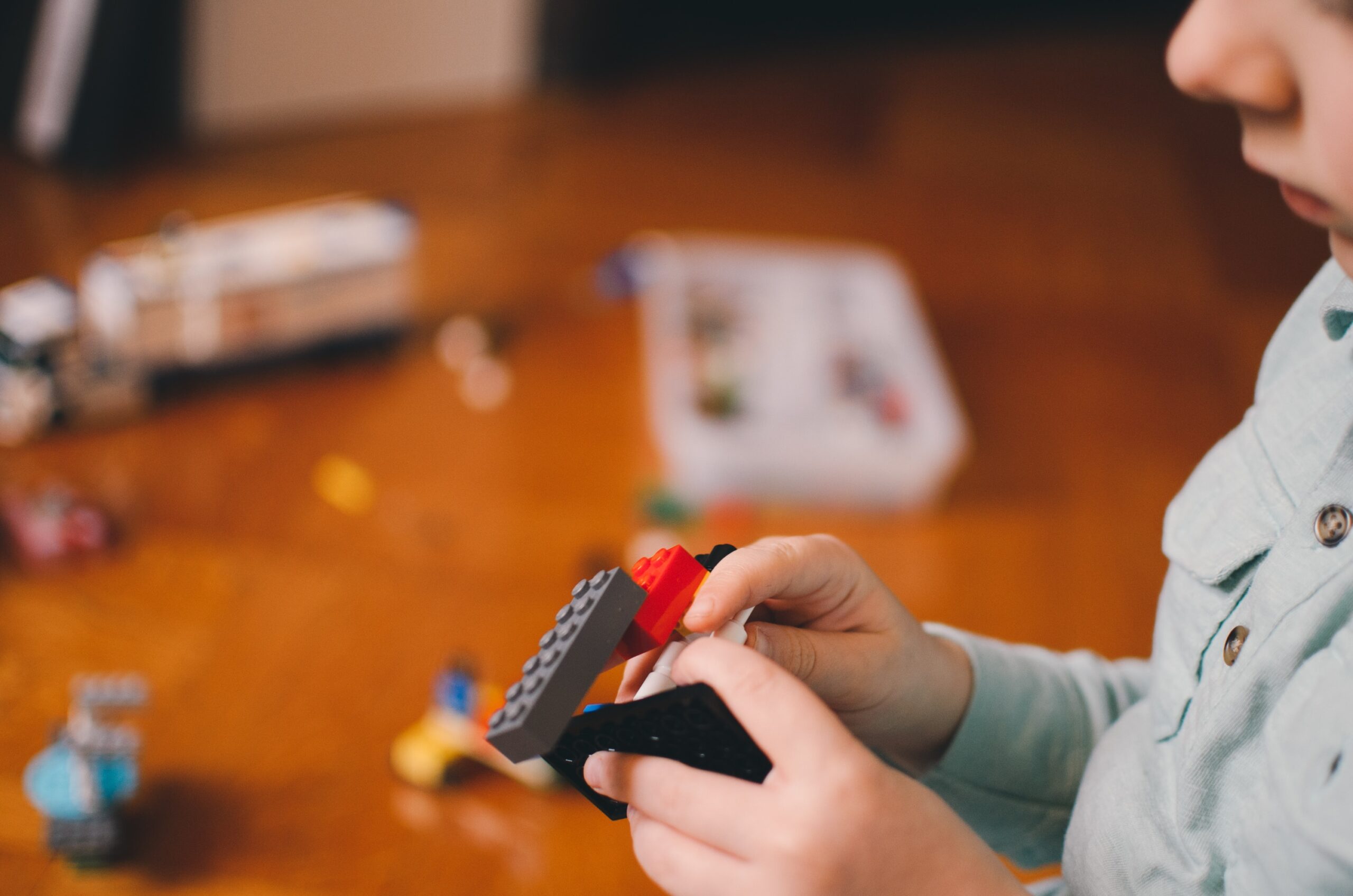It doesn’t take long as a new parent to recognize that your baby gets really angry, even furious, when they need something. And often, they don’t even know what they need.
But this anger is normal and important. It’s a powerful way to ask for help. And it’s how babies can get what they need to grow and thrive before they can speak. Their demanding cries are meant to make sure they receive nourishment, nurturing, and clean diapers from the adults who love them.
The toddler and preschool years are also well known for their fair share of normal, developmental anger.
However, as children grow, parents need to find ways to help them manage and express their anger more appropriately.
5 Practical Tips to Anger Management for Children
1. Evaluate Underlying Needs
Once you’ve graduated from carrying a diaper bag with you everywhere you go, and especially once your kids start school, it can be easy to forget about basic unmet needs that might contribute to anger.
If your child loses their temper unexpectedly, pause and review. When was the last time they had something to eat? How well did they sleep last night? Did they have too much sugar? If they have sensory issues, could something in the environment be triggering their anger?
2. Physical Exercise
Kids need to burn off energy. Many parents find that keeping their kids active and wearing them out physically works wonders for their tempers. Physical exercise gives them an outlet and helps them regulate their moods. And it helps them relax.
3. Empathy
It can be hard for parents to accept that they need to offer empathy to their children when they’re frustrated or struggling. But anger is sometimes the only means they have to express the emotions they feel when dealing with challenges.
While they’re no longer infants, their brains are still developing. Their emotional regulation and cognitive skills are not fully formed. Keep this in mind when your child is angry.
4. Teach Anger Management Skills
Just as adults can use deep breathing and other methods to calm themselves down, so can children. Help your child learn greater awareness of their body and how it reacts when upset about something. Find fun ways to help them learn to slow their breathing and thoughts when angry.
5. Seek Professional Help
If your child’s anger has been a consistent problem and nothing you’ve tried seems to help, seeking help from a child therapist can be a wise move. There may be underlying issues that are contributing to the anger of which you’re not aware. These can include learning disabilities, depression, or sensory processing issues.
Of course, your child may not always be fully comfortable talking with you about what’s going on in their life. A neutral, knowledgeable adult may be able to connect with them in such a way that they can get to the root of the problem. At Crossroads, we have several child therapists who are trained in play therapy. To learn more about play therapy, click here.
Along these lines, family stress and changes can also lead to increased anger in children. For example, perhaps you’re not even aware of how increased work demands have trickled into your stress level at home. Or maybe you and your spouse/partner have been arguing more often. Sibling rivalry might be another hurdle that is contributing to a child’s anger.
—
It’s vital to identify any contributing factors to your child’s anger and to then help them learn constructive ways to deal with it. The sooner you can do this, the better for them. Childhood is short! The emotional lessons kids learn before they grow up impact them for the rest of their lives. By helping them find the tools they need to deal with their anger, they will be well equipped to handle life’s challenges in the decades ahead.
If Your Child Struggles With Anger Begin Working With A Child Therapist in Phoenix, Scottsdale, and Online in Arizona
Our team of child counselors understand that the decision to start therapy for your child can be challenging. This is why we are happy to offer a complimentary 20-minute phone consultation. Our locations for counseling are located throughout the valley with counseling centers located in Phoenix, Anthem, Scottsdale and online anywhere in Arizona. You can start your therapy journey with Crossroads Counseling by following these simple steps:
- Contact Crossroads Counseling for a complimentary 20-minute phone consult
- Meet with a therapist trained in child counseling
- Start helping your child with their emotions
Feel free to learn more about our practice by visiting our about page, FAQ, and blog, or read more about our staff members to start finding your best therapeutic fit! or, call us at 623-680-3486, text 623-688-5115, or email info@crossroadsfcc.com for more information!







